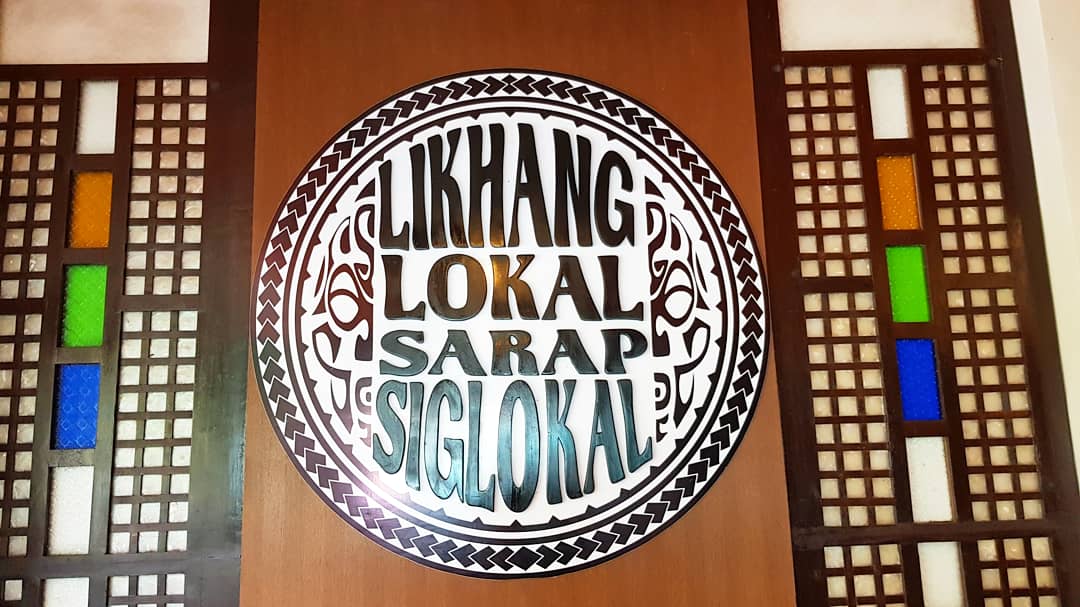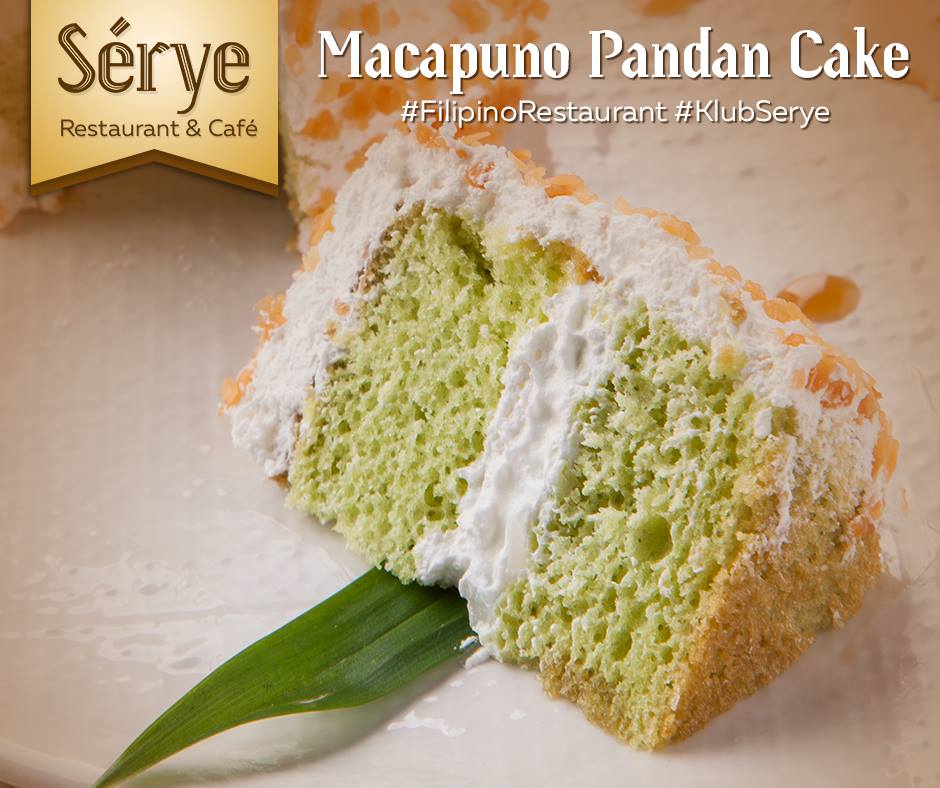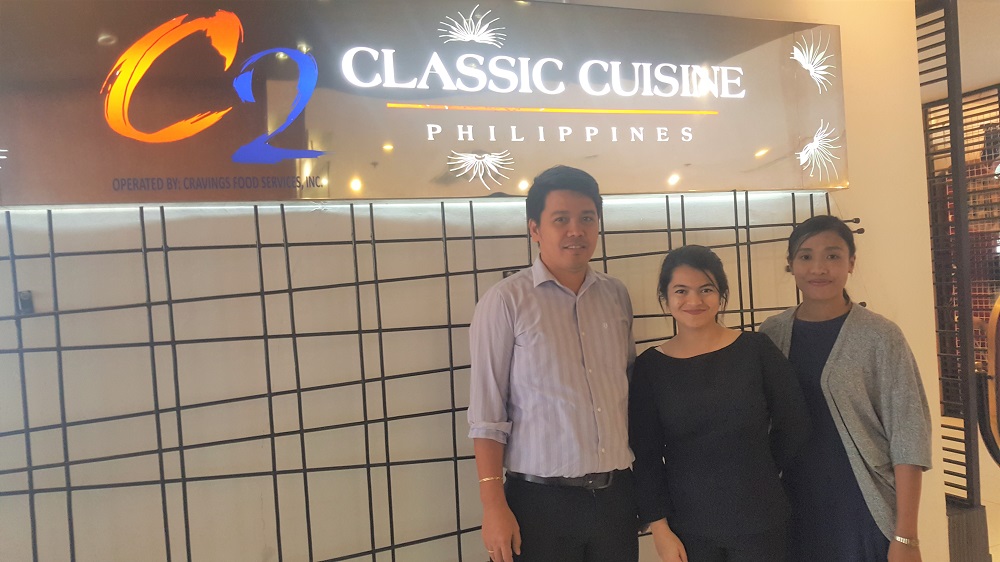Siglo Modern Filipino, Serye, and C2 Classic Cuisine join #TheSustainableDiner Movement
July 2018
The Sustainable Diner team of World Wide Fund for Nature (WWF) Philippines started the third quarter of 2018 with three more restaurant partnerships across Quezon City, Tagaytay City, and Cebu City, all for the promotion of Sustainable Consumption and Production in the local food service industry.

Siglo’s mantra that truly embodies one of the core concepts of The Sustainable Diner project. © Pamela Luber / WWF-Philippines
“Likhang Lokal, Sarap Siglokal!” This has always been the battle cry of Siglo Modern Filipino, a hidden gem in Tagaytay City catering to adventurous foodies looking for an authentic taste of our archipelago’s gastronomic treasures. Siglo, which means “century” in Spanish, aims to bring to the table centuries-old Filipino culinary traditions in the form of heirloom recipes, using equally heirloom ingredients which they hope both locals and tourists will enjoy. They believe that in using heirloom ingredients, like pipinito (small cucumber), pansit-pansitan (leafy vine), and bignay (local raspberry) which are all found in their Siglo Salad, they are able to support the livelihood of local farmers. Locals and tourists alike will surely be charmed by their in-house sari-sari store, which carries snacks from all over the Philippines as well as specialty pasalubong items from Tagaytay. With dishes like Crispy Binagoongan, Chicken Binakol, and Maruya with Barako Jelly, Siglo truly understands how important heritage cuisine contributes to the end goal of sustainable dining.

Serye has always prided itself of using the best of Filipino ingredients in both their local and international dish offerings. © Serye PH Facebook Page
Inspired by recipes developed by Aristocrat’s Engracia Cruz Reyes, Serye Cafe Filipino has continued to serve fantastic Filipino dishes, with some even dating back to the 1930’s. The Reyes family, whose surname actually served as the main reference for the establishment’s name, aims to put Filipino cuisine in the spotlight through dishes that have become an almost hereditary part of their kitchen. The Quezon City restaurant’s house specialty Kare-Kare even comes with homemade bagoong, a testament to the love and care that they put in every dish. Other heritage specialties in their menu include the Laing Con Camaron Rebosado, Binagoongang Lechon Kawali, Boneless Crispy Pata, and their signature dessert offering, the Macapuno Pandan Cake. With the belief that the best food comes from scratch, they also sell bottled products which the whole family can enjoy, like their Special Bagoong, Atchara, Java Sauce, and Gourmet Tuyo.

Alexa Jeanne Lasch, The Sustainable Diner’s Food Service Specialist, with Achestophel Cuadera, Manager of C2 Classic Cuisine Summit Circle, and Diana Sadili, PCEPSDI’s Project Officer for Sustainable Consumption and Production. © Alexa Jeanne Lasch / WWF-Philippines
C2 Classic Cuisine’s mission in Cebu City is very simple - provide Cebuanos with a smorgasbord of the best Filipino dishes one can taste, combining the creative and inventive with flavors that are truly traditional. Another successful venture by the mother-daughter duo behind The Cravings Group, it is fast becoming known as one of the restaurants where locals and tourists alike can taste the best Crispy Pata and and Kare-Kare this side of The Orient has to offer. Taking a cue from the Group’s other restaurants, C2 Classic Cuisine tries to emulate as much of the sustainable practices Cravings has been known for as possible, given that it is one of the Group’s few out-of-Manila ventures. The Cravings Group has been consistently recognized for its green restaurant practices and sustainable operations, and we are confident that these best practices can also be transferred to their Summit Circle hub.
WWF-Philippines is proud to have these three establishments as part of our latest set of partners for The Sustainable Diner project, a pioneer project tackling sustainable consumption and production in the country. Indeed, when we all work together, it is possible for us to create change in the local food service industry.
The Sustainable Diner project, under WWF-Philippines’ Sustainable Consumption and Production, is part of the International Climate Initiative (IKI). The Federal Ministry for the Environment, Nature Conservation, and Nuclear Safety (BMU) supports this initiative on the basis of a decision adopted by the German Bundestag.
